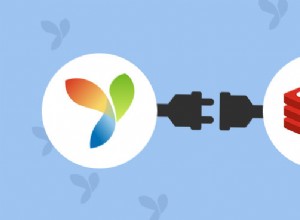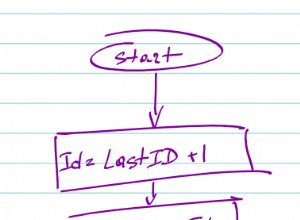O shell Mongo é uma extensão do Mozilla SpiderMonkey (1.7?) e tem uma funcionalidade bastante básica.
A sugestão de uma postagem de blog do MongoDB no shell é definir o seguinte
inspect função em .mongorc.js em seu diretório inicial function inspect(o, i) {
if (typeof i == "undefined") {
i = "";
}
if (i.length > 50) {
return "[MAX ITERATIONS]";
}
var r = [];
for (var p in o) {
var t = typeof o[p];
r.push(i + "\"" + p + "\" (" + t + ") => " +
(t == "object" ? "object:" + inspect(o[p], i + " ") : o[p] + ""));
}
return r.join(i + "\n");
}
Além disso, você pode redefinir a função DBRef.toString como algo como:
DBRef.prototype.toString = function () {
var r = ['"$ref": ' + tojson(this.$ref), '"$id": ' + tojson(this.$id)];
var o = this;
for (var p in o) {
if (p !== '$ref' && p !== '$id') {
var t = typeof o[p];
r.push('"' + p + '" (' + t + ') : ' +
(t == 'object' ? 'object: {...}' : o[p] + ''));
}
}
return 'DBRef(' + r.join(', ') + ')';
};




